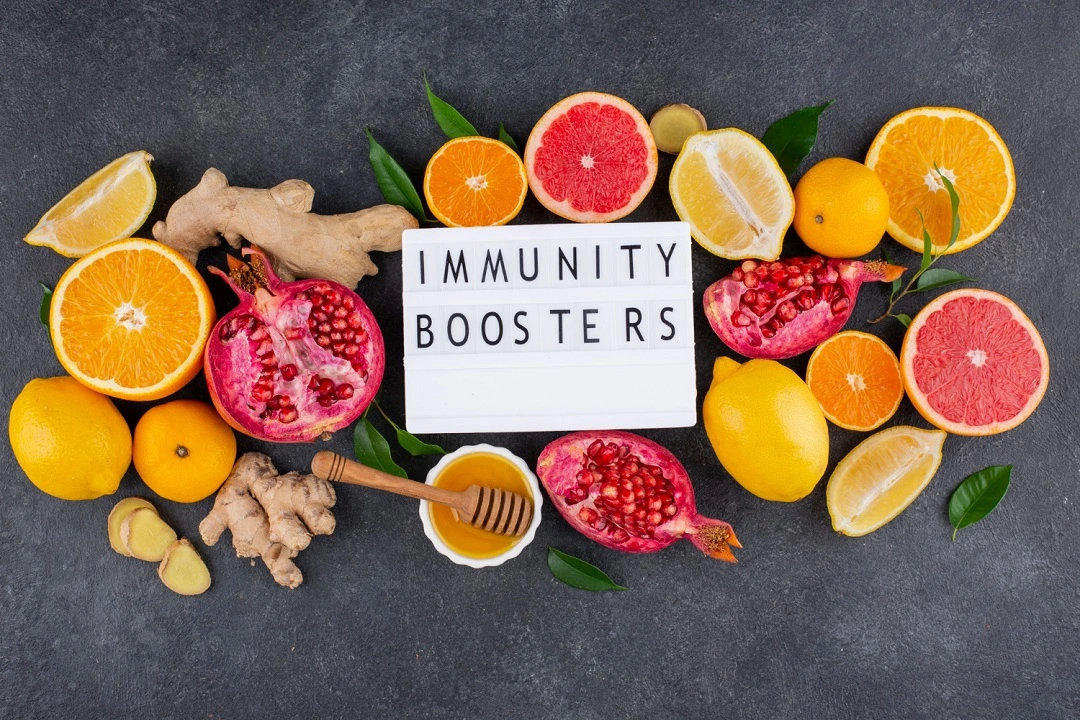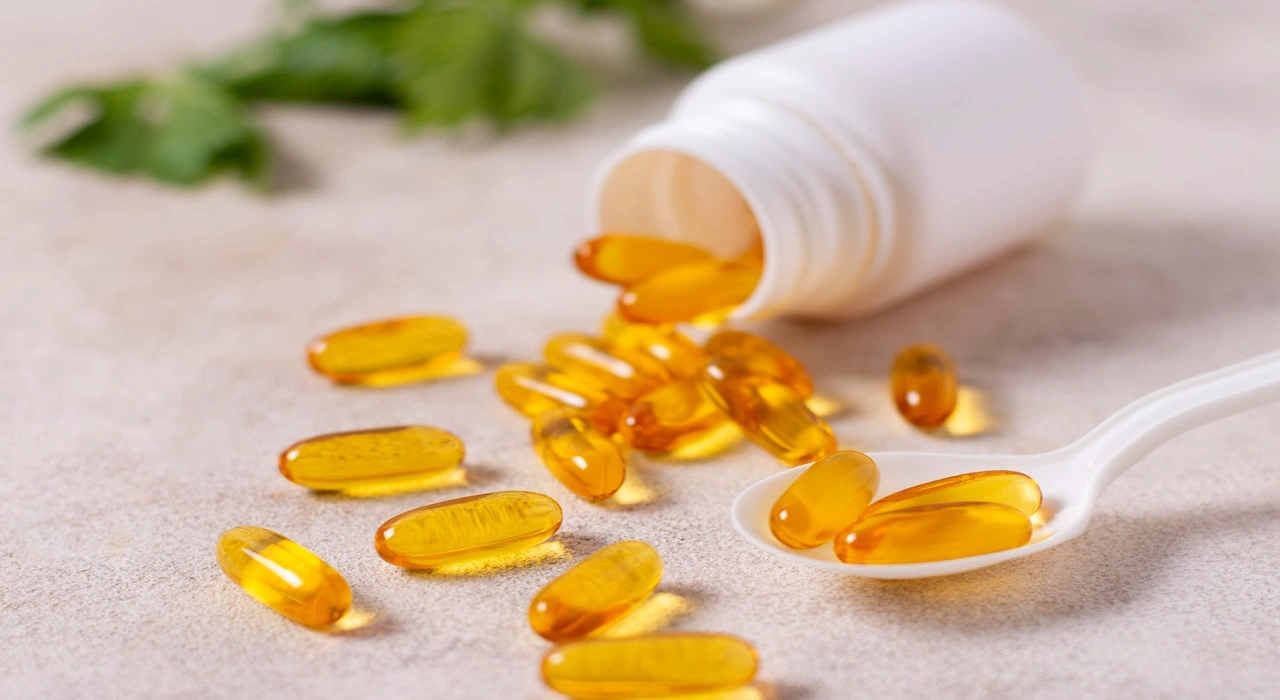Introduction
Vitamin E is a vital nutrient that plays a crucial role in maintaining our overall health. Known for its antioxidant properties, this fat-soluble vitamin helps protect our cells from damage and supports various bodily functions. In this blog post, we will explore the benefits of Vitamin, its sources, and answer some frequently asked questions to give you a comprehensive understanding of this essential nutrient.
What is Vitamin E?
Vitamin E is a group of eight fat-soluble compounds that include four tocopherols and four tocotrienols. The most active and widely recognized form of Vitamin is alpha-tocopherol. It acts as an antioxidant, helping to neutralize free radicals in the body that can cause oxidative stress and damage cells.

Benefits of Vitamin E
1. Antioxidant Properties
Vitamin E is a powerful antioxidant that helps combat free radicals, which are harmful molecules that can damage cells and contribute to aging and diseases like cancer and heart disease.
2. Skin Health
It is widely used in skincare products due to its ability to protect the skin from UV damage, reduce inflammation, and improve skin elasticity and moisture.
3. Immune System Support
Vitamin enhances immune function, making it easier for the body to fight off infections and illnesses.
4. Eye Health
It helps protect the eyes from oxidative stress, which can reduce the risk of age-related macular degeneration and cataracts.
5. Heart Health
Some studies suggest that Vitamin can help prevent coronary heart disease by reducing oxidative stress and inflammation.
6. Anti-Inflammatory
Its anti-inflammatory properties can help reduce symptoms of arthritis and other inflammatory conditions.
Sources of Vitamin E
To ensure you’re getting enough Vitamin, incorporate these foods into your diet:
1. Nuts and Seeds
Almonds, sunflower seeds, and hazelnuts are excellent sources of Vitamin E.
2. Vegetable Oil
Sunflower, safflower, and wheat germ oils are rich in Vitamin E.
3. Green Leafy Vegetables
Spinach, kale, and broccoli contain significant amounts of Vitamin.
4. Fruits
Avocados, mangoes, and kiwi are delicious sources of this essential nutrient.
5. Fortified Foods
Some cereals and juices are fortified with Vitamin to help you meet your daily requirements.
How Much Vitamin E Do You Need?
The recommended dietary allowance (RDA) for Vitamin varies by age and gender:
- Adults: 15 milligrams (22.4 IU) per day
- Pregnant Women: 15 milligrams (22.4 IU) per day
- Breastfeeding Women: 19 milligrams (28.4 IU) per day
Vitamin E Deficiency
Vitamin E deficiency is rare but can occur in individuals with certain medical conditions that impair fat absorption, such as Crohn’s disease or cystic fibrosis. Symptoms of deficiency include muscle weakness, vision problems, and a weakened immune system.
Supplements: Should You Take Them?
While it’s best to get nutrients from food, supplements can be beneficial for some individuals, especially those with medical conditions that affect nutrient absorption. However, high doses of Vitamin supplements can have adverse effects and should only be taken under the guidance of a healthcare provider.
Frequently Asked Questions (FAQs)
Q1: Can Vitamin E improve skin health?
Yes, is known for its skin benefits, including moisturizing the skin, reducing UV damage, and helping to reduce the appearance of scars and wrinkles.
Q2: Is it possible to get too much Vitamin E?
Yes, excessive intake of Vitamin, especially in supplement form, can lead to toxicity. Symptoms may include nausea, headaches, fatigue, and even bleeding issues. Always consult a healthcare professional before taking high-dose supplements.
Q3: Does Vitamin E help with hair growth?
Vitamin can improve scalp circulation, which in turn may support hair growth. It also helps maintain hair health by reducing oxidative stress and providing moisture.
Q4: Are there any interactions between Vitamin E and medications?
Yes, Vitamin can interact with certain medications, including blood thinners like warfarin, and it can affect their efficacy. Always discuss with your healthcare provider before starting any new supplements.
Q5: What are the signs of Vitamin E deficiency?
Signs of deficiency include muscle weakness, vision problems, difficulty coordinating movements, and a weakened immune system. If you suspect a deficiency, consult a healthcare provider for proper diagnosis and treatment.
Vitamin E is an essential nutrient that provides numerous health benefits, from protecting your cells to supporting your immune system. By including Vitamin rich foods in your diet and understanding its role in your health, you can ensure you’re getting the nutrients your body needs. Remember, before starting any supplement regimen, it’s important to consult with a healthcare professional to avoid any potential adverse effects.
